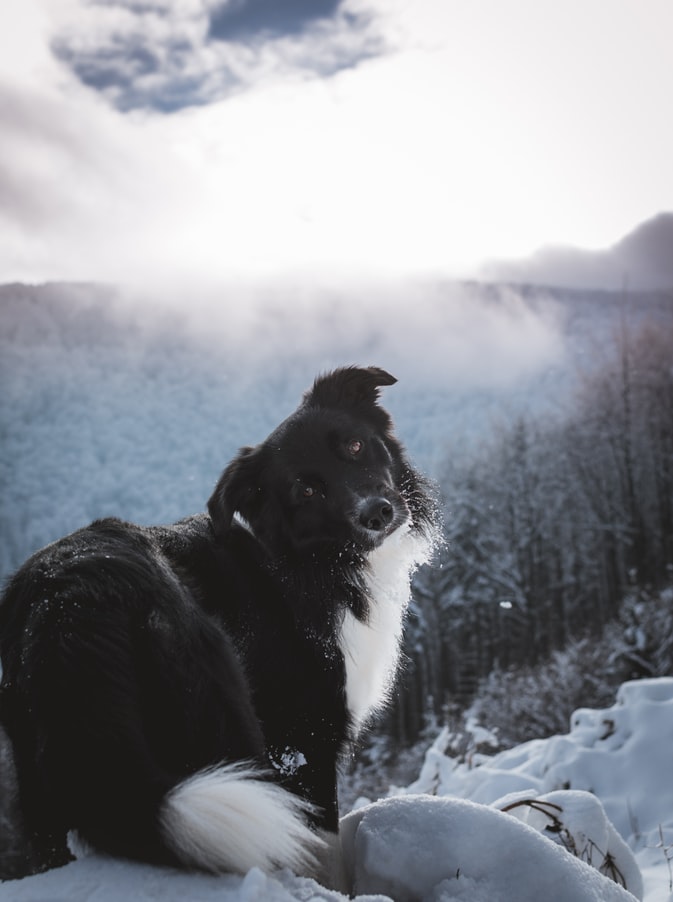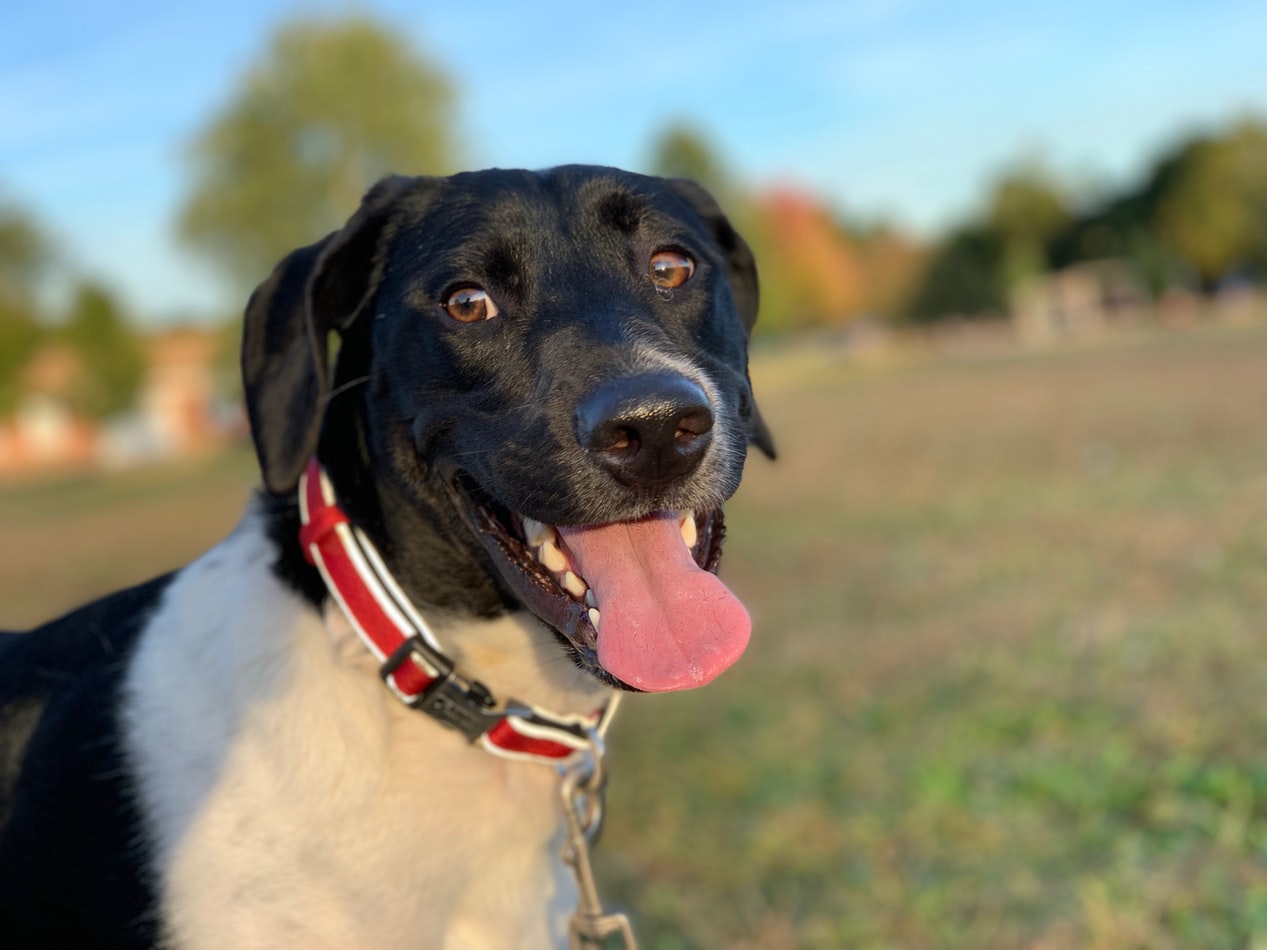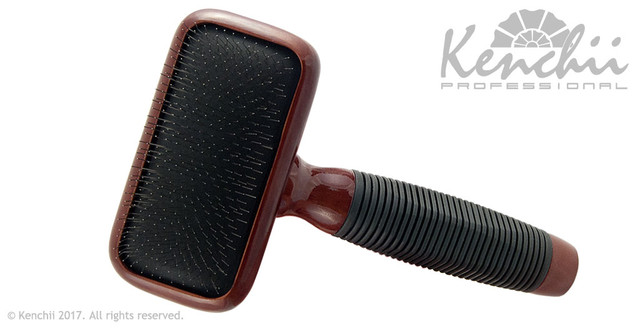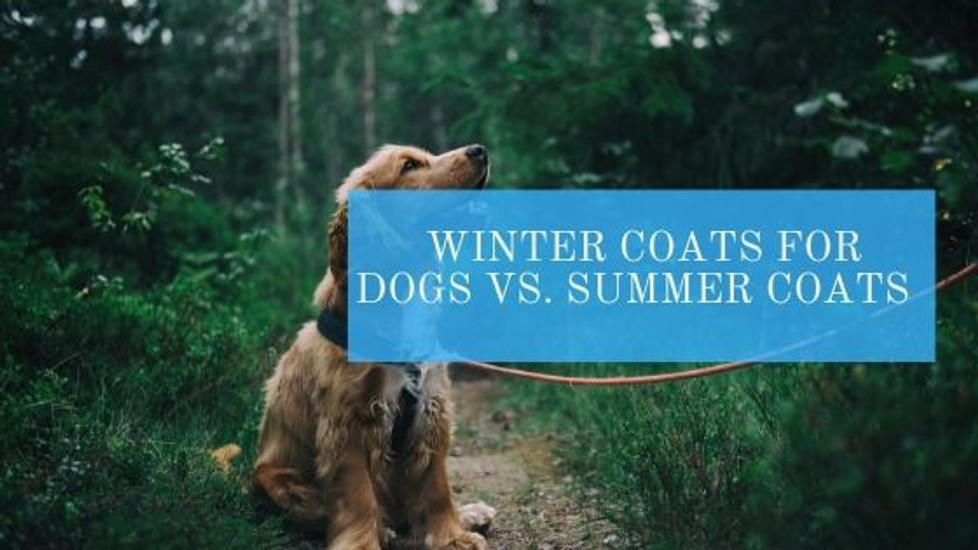Winter coats for dogs vs. Summer coats
Posted by B. Riggins on 16th Mar 2020
One of the most frustrating parts of owning a dog is the amount they have paid. Some dogs lose nothing, so housekeeping is very manageable. Other dogs, however, dump garbage bags full of fur.
This hair has to go somewhere, which is why we often find it on our sofas and clothes. Winter coats and summer coats are two very different things. Read below as we take a look at how these coats differ and how to keep a house clean at the same time.
Dog molting cycle
There are some dogs that lose more and others that lose less. In fact, every furry mammal sheds at least a little. Therefore, find your hair in a comb or brush after taking care of yourself. Sometimes the hair becomes damaged or weakened and simply falls out.
Your dog will be constantly released. Some breeds such as the poodle or the Yorkshire Terrier have lost very little, but continue to lose a little.
Other breeds like Husky or Alaska Malamute are known for their almost impossible strands of fur during their neglect period. This is partly due to these breeds which have a very robust double hand. The coat has a rough outer layer that protects the softer undercoat of the coat. The softer layer is also what allows these breeds to live in the cold and hostile environments from which they come.
These dogs will also lose their soft undercoat with the seasons.
Winter coats for dogs VS Summer coats

For dogs that lose, they normally do it in a cycle. Most dogs lose more during spring and autumn. The reason this happens is because of temperature changes. In spring, your dog gets ready for summer. If they did not lose their thick winter layer, they would most likely overheat during the summer. During the fall, your dog is getting ready for winter. This means that they will get rid of their thin summer coat and regrow a rich and thick undercoat to protect them from low temperatures.
So the difference
between dog winter and summer coats is that winter coats are thick while summer
coats are thin. What is very interesting is that the dogs of the extreme north
seem to have big differences in their seasonal coats. As we mentioned earlier,
Alaska Malamute is known to be in short supply. There are quite big differences
between a summer and a winter in Alaska, so the dogs have had to respond
accordingly. Dogs from milder climates don't see such a dramatic change in
their seasonal coats.

How to stay clean
Shedding is just a fact of life when you have a pet. While hunting and cleaning up all the fuss your dog might leave behind can be a hassle, the good news is that he can be proactive. The best way to ensure that your home is kept clean during your dog's shedding cycle is not to wait for hair to fall out. Basic grooming can save you a lot of hassle. Below are several brushes and rakes that can help you make fun of your dog's "blowing coat". That is, the coat that your dog will leave.
Basic tools to deal
with detachment.
Dog rake

A dog rake is what it looks like. It is a brush with metal rakes that help dissolve your dog's dead inner layer. These have wide teeth, so they don't actually pull on your dog's coat while letting the undercoat peel off.
Slicker brush

The slicker brush is made of very thin teeth, almost like needles. These are more compact and act almost like velcro in that it clings to your dog's locks of hair. The silver lining is that the toes are very soft and do an excellent job of massaging your dog's fur.
Dog comb
Dog combs are like a normal person's comb. They are usually made of metal with rounded teeth. These are gentle on your dog's skin, but they also work very well to remove the dead inner layer.
Cleaning gloves
Another tool that has become popular for grooming is specially made gloves. Put
on these gloves and just pet your dog. Fingers and soft rubber palm help
dissolve dead fur, and when you're done, just grip the fur ball you picked up
in the trash. The transition between your dog's summer coat and winter coat can
be easy to manage. All you need is a little extra planning. Grooming is also a
great bonding experience for you and your dog.

